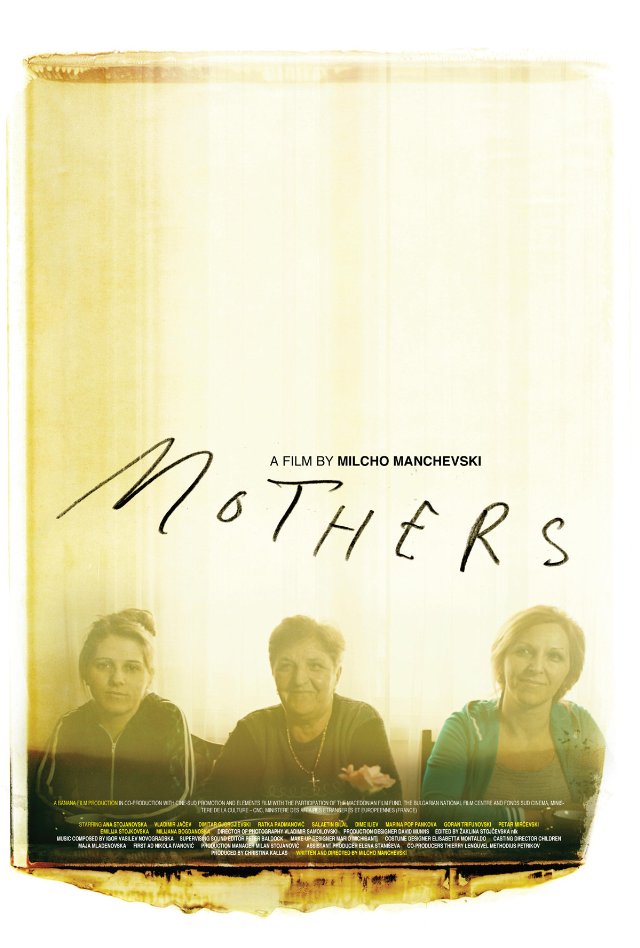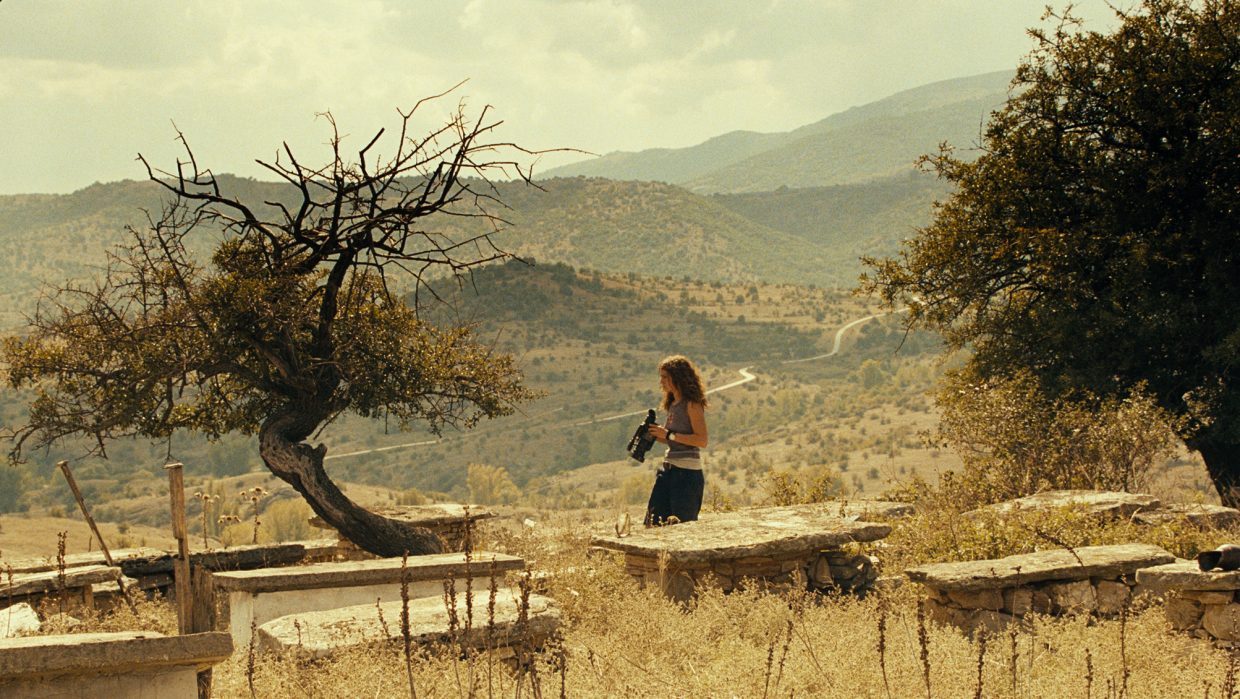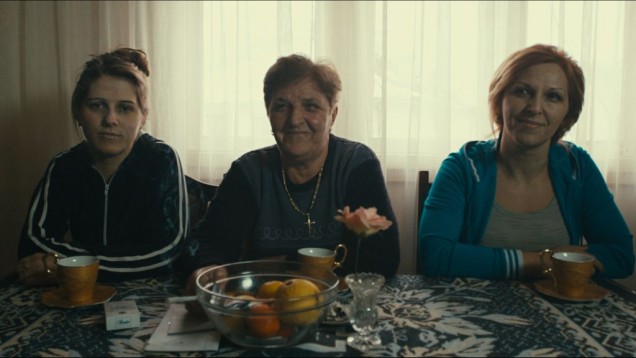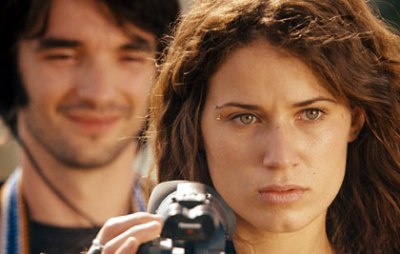With Honest Manipulation to the Desired Real Illusion
Unlike the previous instances, when the time period between shooting and premiere for the films Before the Rain (1994), Dust (2001) and Shadows (2007) was more than enough to cast a critical eye on the (dis)pleasure with the product, this time the director Milčo Mančevski relatively quickly got down to business and entered the filmmaking ring, giving us his fourth feature-length creation shortly afterwards. This project was initiated under the working title of Како бебе (Like a Baby) and ended up entitled Mothers, thereby going full circle on the clear authorial concept in which, even though the stories he tells contain numerous layers, still, the brief, clear and impressive title gives the main thread and framework in the films themselves.

Mothers is an untypical film for Mančevski in many respects but it does, on the other hand, contain elements already seen in his previous work. Firstly, unlike the media frenzy that accompanied Shadows, which began during the shooting of the film and lasted long after its last showing at the movie theatres throughout Macedonia, Mothers quietly snuck up on us, leaving room only for the well-versed to mention a word or two about Mančevski’s shooting a new film. Another novelty in the author’s approach is the mix of fiction and documentary, something we have already seen in other auteurs, but Mančevski managed to successfully absolve the idea and present it on the big screen, giving it his own personal touch. Malicious tongues might say that in the Experiment folder, where the director himself places his new cinematic excursion, one might put anything and everything, that this particular arrangement allows the author to manipulate the form ad infinitum and to play with it however he pleases, but when at the end you get a product that raises a number of questions, you realise that the film is something more than a simple experiment.

Mančevski’s film is composed of three parts of different duration. The introductory and shortest part takes place in Skopje, and, by its sensibility and the manner in which it is shot, it is a bridge between his previous film Shadows, and this current one, Mothers. The metropolis of Skopje, searching for its identity through the noise and the chaos, this time is stripped bare through the story of the two girls who, based on the account told to them by their girlfriends, tell the police a fictional tale based on a real event, with a fatal outcome for a boy. So Mančevski lays the groundwork for the action in the second part, which takes place in Mariovo. The immense beauty of the Macedonian landscape typical for his debut Before the Rain is even more astounding, thanks to the cinematographer Vlatko Samoilovski. The shift to the documentary form is hinted by the crew of two boys and a girl who, while filming a documentary in the nearly deserted village, come across a typical Macedonian real-life story in which a brother and a sister have not spoken to each other in 16 years. Finally, we enter the hour-and-a-half-long finale in which the case of the ‘serial killer’ Vlado Tanevski is presented in great detail: a perfectly executed documentary piece in which the author interrupts the intense statements by the victims’ family members with an occasional vague statement by those involved in the case, or with a detal that will not leave you indifferent.

With Mothers Mančevski woke up the auteur within, creating a postmodern piece that might not be suited for the general public, but perfectly corresponds to the reality in which we live. The stomach-turning that occurs after viewing lets off only when the film is transferred to one’s mind, where dozens of questions to which you might not have an answer but you should ask anyway begin to roam. Just as the author himself does—when presenting the burning issue surrounding Vlado Tanevski’s case without any intention to sway the viewer in any direction, but through the editing process, juxtaposing it to the other two fictional parts, to create an amalgam in which each viewer individually could find their own truth. That sort of honest manipulation in a film structured like this is an allowed, and even a desired illusion. Otherwise, as the author himself states, it would be a case of ‘engaged journalism.’

In the maze of stories into which Mančevki draws us, the mothers are modern (Pop Pankova), archaic (Radmanovic), but also anonymous victims of the system that destroys itself from within, in which the courts are corrupt and the common man is just a piece of statistics with no protection whatsoever. That is the grim reality in which we live, of which we form part, and which the author may—since most of the year he does not live in his native land—look into the eyes more objectively, from a required distance, uncompromisingly presenting it on the screen.
MOTHERS (МАЈКИ)
(MK / FRA / BLG)
Director: Milčo Mančevski
Cast: Ana Stojanovska, Vladimir Jačev, Dimitar Gorgievski, Salaetin Bilal, Ratka Radmanovic, Emilija Stojkovska, Milijana Bogdanovska, Dime Iliev, Marina Pop Pankova, Goran Trifunovski, Petar Mirčevski
(Published on 9th November 2010 in the „Globus“ weekly)
